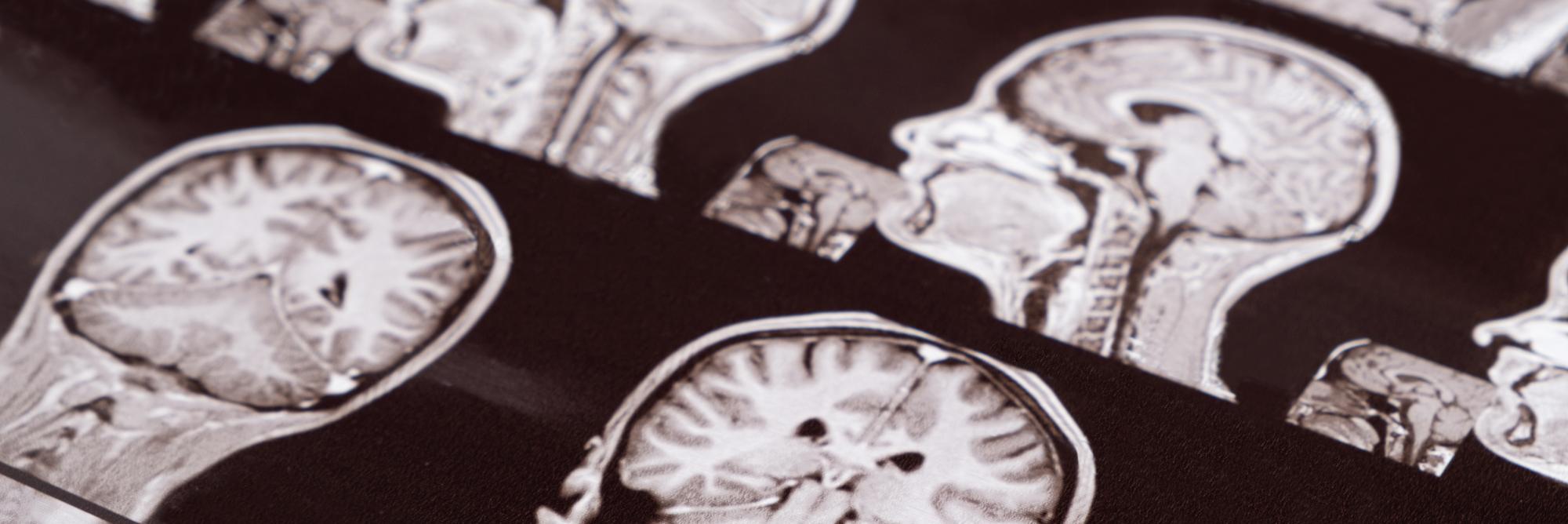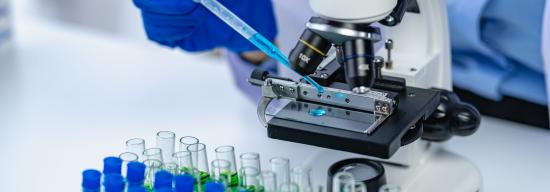Doctoral Degree (PhD) in Neuroscience
Who is this program for?
The doctoral program in neuroscience is ideal for individuals fascinated by the brain and nervous system, with a desire to explore areas such as neural circuits, cognitive function, neurodegenerative diseases, and neuroplasticity. Graduates can pursue careers in academic research, biotechnology, pharmaceuticals, or healthcare, with opportunities to contribute to advancements in brain research, neurological therapies, and mental health treatments.
Program Overview
The Ph.D. in Neuroscience program offers rigorous, interdisciplinary training in the study of the brain and nervous system, preparing students to conduct groundbreaking research in areas such as neurobiology, cognitive neuroscience, neurodegenerative diseases, and neural development. Through a combination of advanced coursework, laboratory research, and collaboration with faculty across multiple disciplines, students develop the skills to investigate the biological basis of behavior and brain function. Graduates are well-prepared for careers in academic research, biotechnology, pharmaceuticals, healthcare, and science policy.
The Department of Neuroscience is comprised of a world-class team of scientists and educators who focus their research activities in the dynamic field of Neuroscience, with nearly seven million dollars a year in grant and contract support for biomedical research on the brain, spinal cord and peripheral nervous system. Research strengths include the study of spinal cord and brain injury and repair, Alzheimer's disease, Parkinson's disease, stroke, epilepsy, and circadian biology. Several faculty are affiliated with translational research centers, including the Spinal Cord and Brain Injury Research Center (SCoBIRC), the Sanders Brown Center on Aging (SBCoA), the Center for Microelectrode Technology (CenMeT), the Magnetic Resonance Imaging and Spectroscopy Center (MRISC), the Center for Advanced Translational Stroke Science (CATSS), and the Epilepsy Center (EpiC).
Admission Requirements
Please view the Graduate School's Admission Requirements. If there are Program Specific Requirements listed below, those will also apply.
Application Requirements
Please view the application requirements for the Graduate School. If there are Program Specific Requirements listed below, those will also apply.
Program Specific Requirements
Students first apply to the Integrated Biomedical Sciences PhD program, and after successful completion of the 1-year curriculum, students can select this doctoral program to pursue their dissertation research and PhD degree.
FIND OUT EXACTLY
What You'll Learn
Degree requirements, course descriptions and academic policies for all programs are detailed in the University Catalog.
Explore Funding Options
As a graduate student, there are additional opportunities for student funding. Once you are admitted into a degree-bearing graduate program at UK, you can apply for a wide variety of financial assistance, including assistantships and fellowships. These opportunities can be tied to your program’s availability, so you should inquire with your program director about opportunities available within your program!
Expand Your Learning
The PhD in Neuroscience at the University of Kentucky offers a flexible, research-intensive program that prepares students for careers in academic research, teaching, and industry. Students benefit from a multidisciplinary curriculum, hands-on laboratory experience, and close mentorship from an energetic and collaborative faculty. Research areas span neural, neuroendocrine, and reproductive systems, with a strong emphasis on using state-of-the-art methods to explore brain function and behavior.
Students typically begin with foundational coursework and lab rotations through the Integrated Biomedical Sciences (IBS) curriculum in the first year, then transition to advanced coursework, teaching, and qualifying exams by the end of the second year. From that point forward, the program is highly focused on independent research. A robust seminar series, national and international presentation opportunities, and a strong sense of community support students as they grow into accomplished neuroscientists. A combined MD/PhD option is also available for students interested in clinical research careers.


Get Involved!
Students who get involved in activities outside of the classroom tend to do better academically and develop meaningful relationships with others at UK. Our network of student organizations and activities has something for everyone, from academic to professional to fun!
Get More Information
Complete the form to get the latest updates on this program, including special events and application deadlines.
Discover your Future
At the University of Kentucky, we provide personalized support, innovative resources, and countless opportunities to help you turn your aspirations into achievements.



